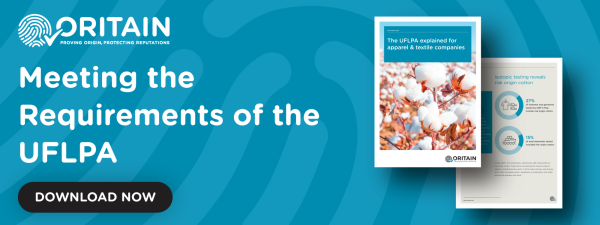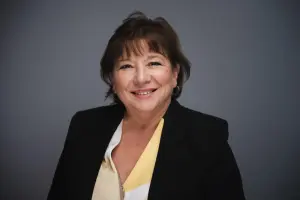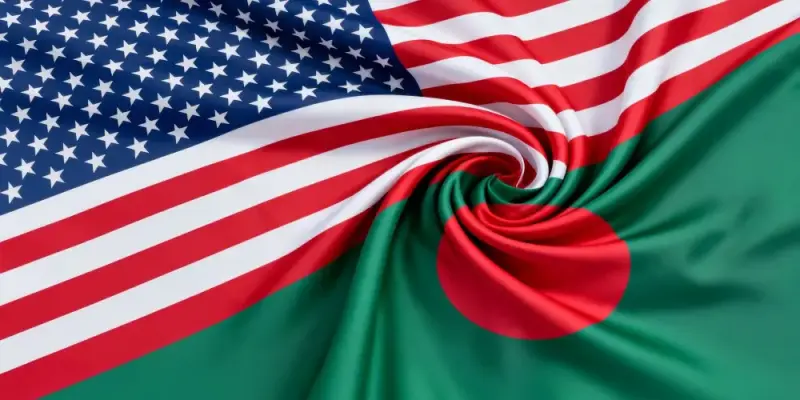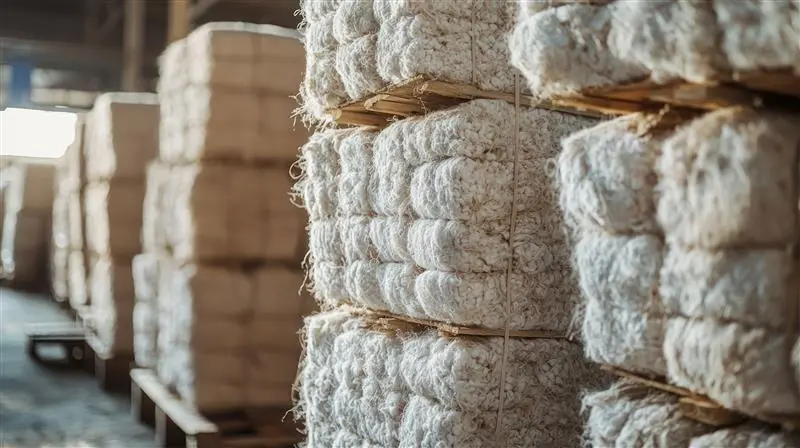UFLPA’s Impact on Apparel & Textiles: Key takeaways from DHS Secretary Mayorkas’ Fireside Chat
By Ana Hinojosa | 17 July 2024
minutes to read.
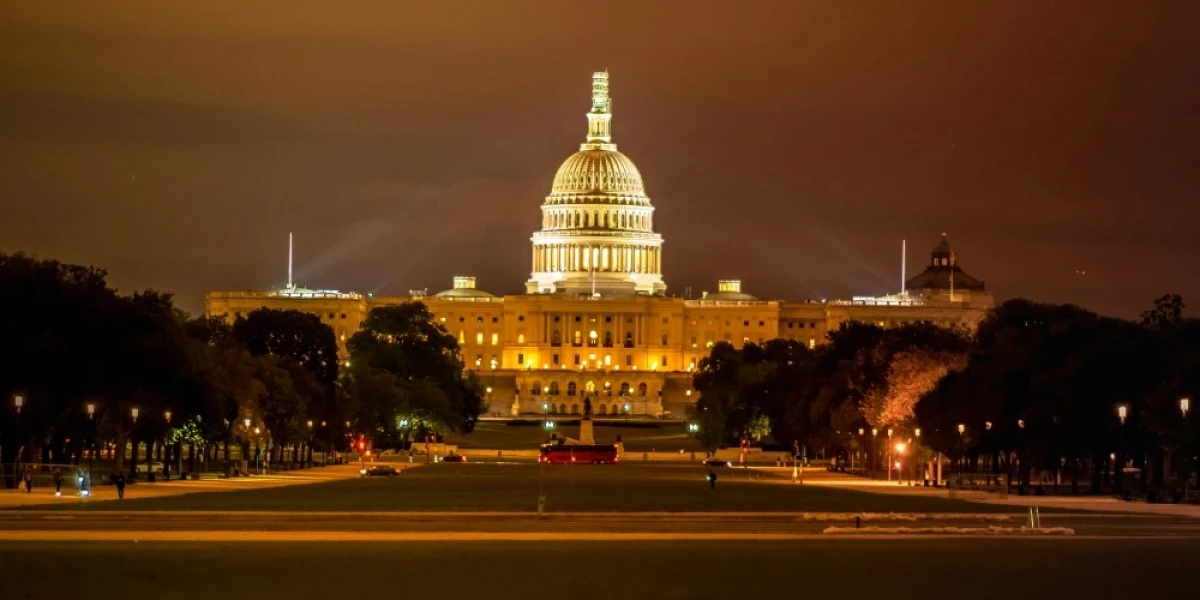
“Learn your supply chains as vigorously as you can,” Secretary Alejandro Mayorkas of the Department of Homeland Security (DHS) urged during a recent fireside chat at the Center for Strategic and International Studies (CSIS). For the apparel and textile industry, this message highlights a critical reality – keeping up with forced labor compliance and transparency is not just necessary; it’s the need of the hour.
Secretary Mayorkas announced the release of the Updated Strategy and highlighted that the fight against forced labor, including the enforcement of the Uyghur Forced Labor Prevention Act (UFLPA), is now included as a top priority for the DHS. For the first time in over a decade, combating exploitation, human trafficking, and related crimes has been specifically prioritized within the strategy document department.
Key challenges and progress in enforcing the UFLPA
One of the main challenges highlighted by Secretary Mayorkas is the difficulty in identifying forced labor within global supply chains. Many companies struggle to prove product origin verification due to the complex and often opaque nature of international trade. Balancing stricter UFLPA enforcement while facilitating legitimate trade without disrupting the flow of commerce poses another challenge.
Despite these challenges, the DHS has made remarkable strides in just two years since the UFLPA came into effect in June 2022:
- DHS and Customs and Border Protection (CBP) has detained over 9,000 shipments worth $3.4 billion from entering the United States.
- 68 entities have been added to the list of companies presumed ineligible to import into the U.S. due to their forced labor connections.
- DHS has built strong partnerships with trade industries, where some have reported efforts to shift their supply chains away from high-risk regions.
“We have a mission, a commitment to enforce the law, and we will do so aggressively because of the fact that human suffering is at the core of this law,” asserted Mayorkas.
Concern over “split economies”
A significant concern around UFLPA is the potential creation of split economies, where “clean” goods free of forced labor enter countries with strong regulations like the U.S. and the E.U., while “dirty” goods are routed elsewhere. Secretary Mayorkas addressed this by emphasizing the DHS’s advanced tracing capabilities to detect attempts to reroute goods through third countries to avoid scrutiny. “We have extraordinary tracing capabilities. And we are always advancing those tracing capabilities. We know how to address a direct line of importation. We know how to address an angled line of deportation, a circular line, and the like.”
He also stressed the importance of international engagement and strong collaboration with trade associations to prevent dirty goods from reaching other markets. He emphasized that forced labor is not limited to the region covered by the UFLPA. In fact, CBP continues to investigate and act against forced labor allegations from all over the world. The UFLPA, he acknowledged, has been an extremely useful piece of legislation that has enabled the government to address the specifics of Uyghur and other ethnic minority issues specific to the Xinjiang Uyghur Autonomous Region, but enforcement continues across the world.
Mayorkas provided an example of how the textile industry, significantly impacted by forced labor, has benefited from an enforcement strategy developed in concert with industry partners. He stressed that industry must understand and utilize the latest tools and technology to ensure their supply chains are free of forced labor, which may require significant shifts in sourcing and manufacturing practices.
Fast fashion and consumer accountability
More and more, especially among younger generations, American consumers want companies to be accountable and responsible for their supply chains. They don’t want to be participating in a market economy and using their dollars to fund things that they don’t agree with — driving the push for greater transparency and ethical sourcing.
In addition to forced labor concerns, fast fashion also poses environmental concerns due to its rapid production and disposal model, contributing to substantial waste and pollution. Addressing these issues requires a multi-faceted approach that includes strict enforcement of labor laws and the adoption of sustainable manufacturing practices.
The future of UFLPA enforcement
Looking forward, Secretary Mayorkas highlighted the need for continuous improvement and adaptation in enforcing the UFLPA. He emphasized the importance of leveraging technology to enhance tracing and enforcement capabilities, particularly addressing the de minimis exception, which he described as based on the false premise that low value means low risk.
The DHS works closely with international partners, including the EU, Mexico, and Canada, to develop and implement effective enforcement strategies to make sure that forced labor products are identified and stopped at multiple points along the supply chain. “We view this as a global responsibility,” Mayorkas emphasized.
Final thoughts
Secretary Mayorkas’ message is clear – compliance with the UFLPA and other forced labor provisions is not optional. It is a mandatory requirement that demands vigilance, transparency, and a commitment to ethical practices.
If you are in the apparel and textile industry looking to deepen your understanding and enhance your compliance efforts, consider partnering with experts in the field to ensure your supply chains are ethically sound.
Disclaimer: The information provided in this document does not and is not intended to constitute legal advice. Instead, all information presented here is for general informational purposes only. Counsel should be consulted with respect to any particular legal situation.
